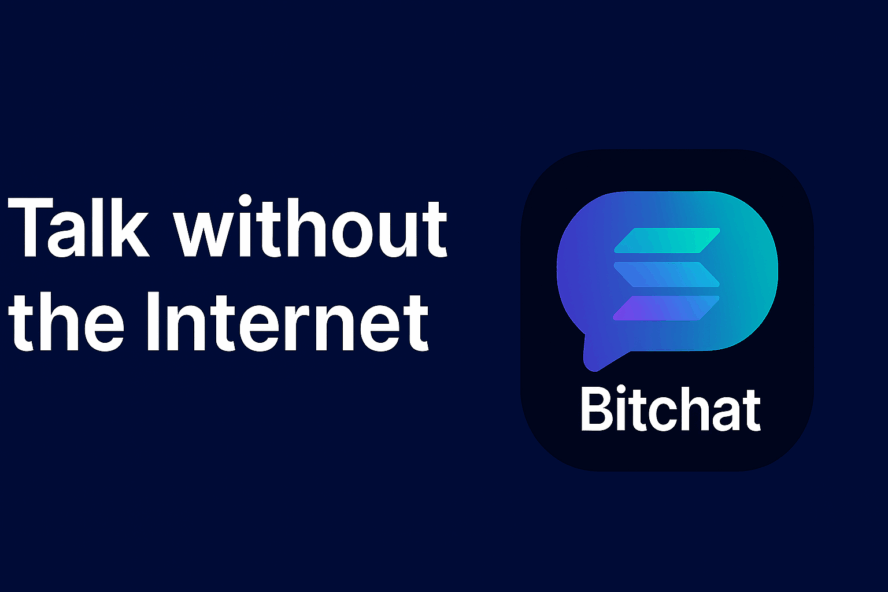
Bitchat: A Free Messaging That Works Without Internet
Offline Messaging, No Strings Attached
Twitter’s co-founder Jack Dorsey has introduced Bitchat, a new messaging app that works without mobile data or Wi-Fi. The app uses Bluetooth mesh networking to let users communicate even in areas with no internet access.
It’s currently available to select iOS users through Apple’s TestFlight, where it quickly hit its 10,000-user limit.
How Bitchat Works Without the Internet
Bitchat skips internet-based servers. Instead, it relies on peer-to-peer Bluetooth connections. When a user sends a message, the app uses nearby devices—within 30 meters—to hop the message forward until it reaches the receiver.
This model, called mesh networking, allows communication to flow securely and privately even across large distances—phone to phone.
No Sign-Ups, No Phone Numbers, Just Messaging
One standout feature: users don’t need to register with email or phone number. That means no user identities are stored.
Messages are also deleted automatically after a short time, and end-to-end encryption ensures that only the sender and receiver can view the content.
What About Privacy and Security?
Despite bouncing messages through several phones, Bitchat protects all communications with encryption. The data isn’t stored or intercepted during the relay process.
There’s no central server or cloud. So, if a device loses power or signal, it doesn’t compromise the rest of the network.
Key Features at a Glance
- Bluetooth Mesh Network: Relays messages through nearby devices, not the internet
- No Internet Required: Works without mobile data, Wi-Fi, or cellular networks
- End-to-End Encryption: Only sender and receiver can read messages
- Temporary Messages: Messages vanish after a short period
- Zero Identity Requirement: No phone number, email, or account needed
Still in Beta, But Gaining Buzz
Currently in beta testing, the app is only open to iOS users via TestFlight. A version for Android is under development.
Jack Dorsey has shared the app’s whitepaper and beta link publicly on X (formerly Twitter), inviting developers and early users to test and improve it.
